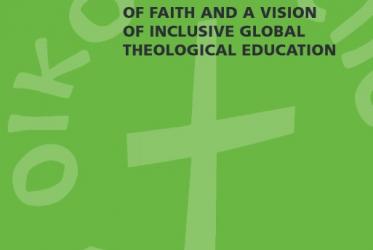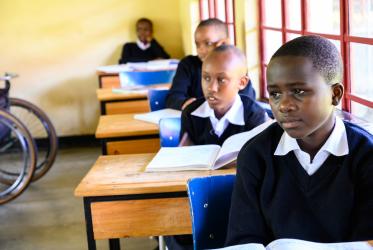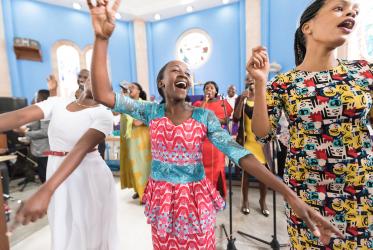Displaying 61 - 80 of 183
Ecumenical Review focuses on “Global Manifestations of Racism Today”
27 February 2020
WCC condemns attack at Hanukkah celebration in New York City
29 December 2019
WCC mourns passing of Prof. Vuyani Vellem
09 December 2019
Mission and people with disabilities
26 June 2019
North American churches embrace Arusha Call
04 June 2019
Mission as “the gearbox” bringing energy, action
24 May 2019
How will the Arusha Call change the world?
20 May 2019













